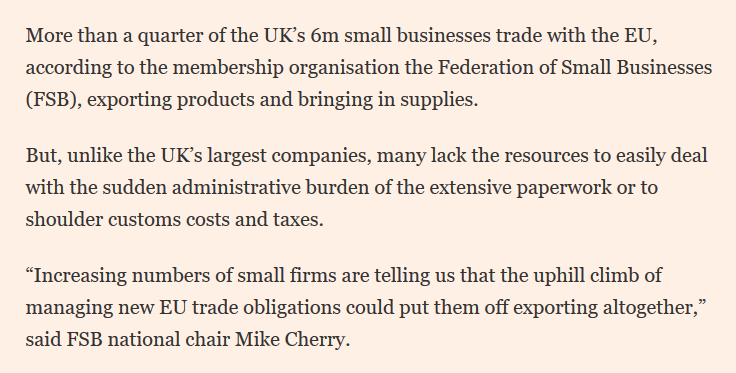
A milesone, or perhaps millstone, in world trade. It is now 25 years since the start of the first US-EU dispute over food at the WTO. The US asked for consultations over the EU ban of hormone treated beef on 26 January 1996. This issue has never been satisfactorily resolved. 

The EU-US disagreement over hormone treated beef goes back even further than formal dispute, to 1981, with the first US retaliation coming in 1989. Although the EU now give a special 'high quality beef' quota as recompense, the disagreement essentially remains live.
Over time US and EU disagreements over food trade policy have grown to include chlorinated chicken, EU geographical indications, and ractopamine in pork. And each side is well backed by domestic interests with large financial stakes, to leave little room for changing policy.
The UK we may note has yet to take a position on the issues around food and trade. A lot of US money is being used to lobby for allowing their food through a US trade deal. But consumers and producers alike quite likes the EU policy position. Ministers dissemble accordingly.
The chances of the US and EU resolving differences over food trade policy any time soon seem slim. And while major stakeholders prioritise these disputes it makes it harder for EU and US to work together on other issues such as China. To be continued...
• • •
Missing some Tweet in this thread? You can try to
force a refresh




